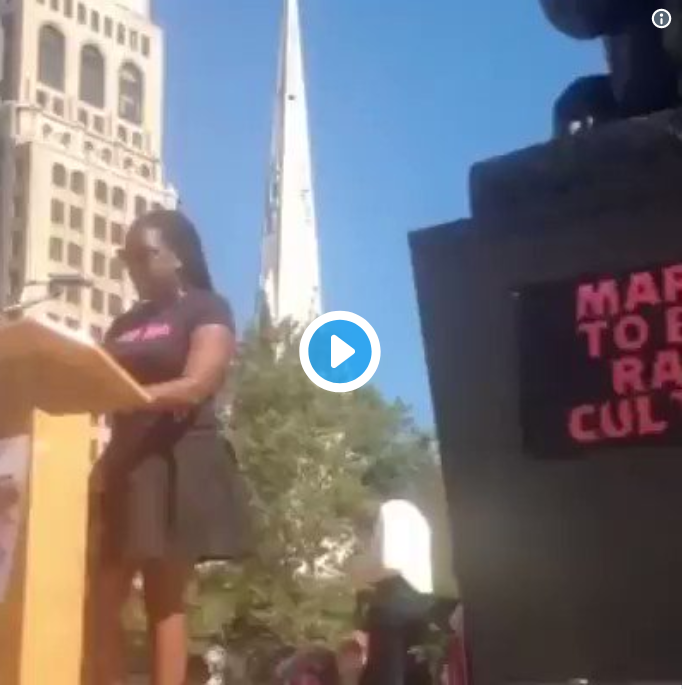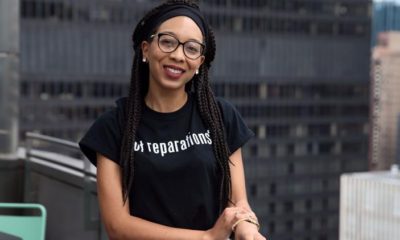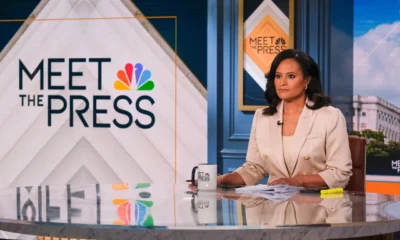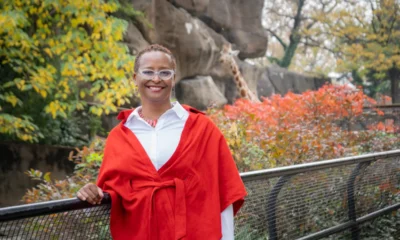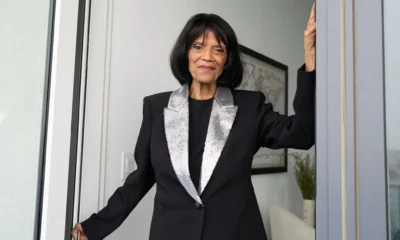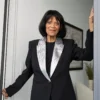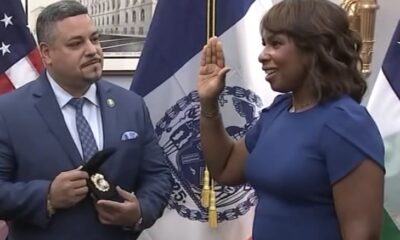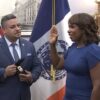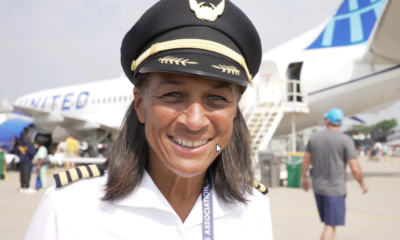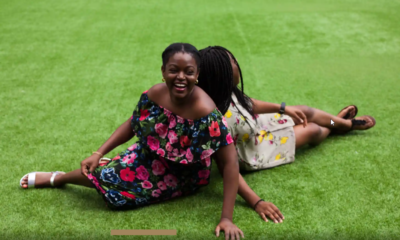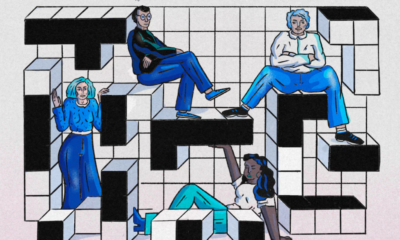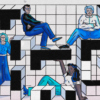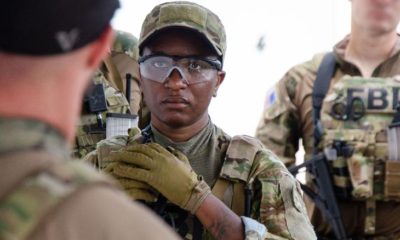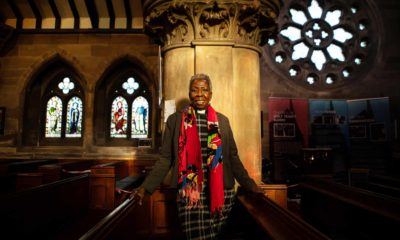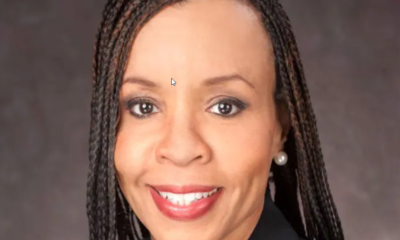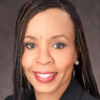Black Women in the News
A Black Woman Created the “Me Too” Campaign Against Sexual Assault 10 Years Ago
Let’s give credit where credit’s due.
You couldn’t scroll through any of your social media accounts on Monday without seeing the words “Me Too.”
Last week’s reports of Harvey Weinstein’s sexual predationreignited a dialogue on sexual assault in Hollywood. On Saturday, actress Alyssa Milano encouraged survivors of sexual assault to reply to a post in which she revealed she’d been sexually violated to respond with “Me Too.” The discourse that initially centered around abuse of power in the entertainment industry eventually trickled down to the survivors of sexual assault and harassment who aren’t household names.
The movement continued into Monday with the two words revealing just how often our friends and acquaintances, particularly women, are victimized by men. The phrase was a bold and poignant demonstration of solidarity among those who’ve experienced sexual assault and/or harassment.
A plethora of articles credited Milano with igniting the conversation. As the movement picked up speed Sunday night, journalist Britni Danielle pointed out that activist Tarana Burke, a Black woman, began the crusade 10 years ago particularly for women of color. Burke is the founder of the Me Too movement, which aims to do exactly what the recent trending topic has done on social media: unify those who’ve been victimized by sexual violence.
Shout out to my girl @taranaburke who has been advocating for assault victims & saying #MeToo for years. https://t.co/myOqjWJKx2 pic.twitter.com/0c4grmUOju
— Britni Danielle (@BritniDWrites) October 16, 2017
The 44-year-old said she began “Me Too” as a grassroots movement to aid sexual assault survivors in underprivileged communities “where rape crisis centers and sexual assault workers weren’t going.”
“It wasn’t built to be a viral campaign or a hashtag that is here today and forgotten tomorrow,” Burke told Ebony in a statement on Monday. “It was a catchphrase to be used from survivor to survivor to let folks know that they were not alone and that a movement for radical healing was happening and possible.”
The campaign’s motto is “Empowerment through empathy.”
“What’s happening now is powerful and I salute it and the women who have disclosed but the power of using ‘me too’ has always been in the fact that it can be a conversation starter or the whole conversation – but it was us talking to us,” Burke continued.
But despite the campaign being founded by the Harlem native, she received hardly any credit.
Additionally, Black women were left out of the dialogue that spurred the movement.
If it weren’t for actress Rose McGowan’s rape allegation against Weinstein,the conversation around sexual assault may have never made its way to social media. But the problem is, Black women were quickly isolated by from the dialogue before we could familiarize ourselves with it. We weren’t excluded for lack of relation to conversation around sexual assault and misogyny’s impact on our livelihoods. Black women regularly experience sexual assault as well and are often coerced into silence.
Rather, the apathy toward the struggles of people of color infiltrated the movement before we could even consider participating.
When Twitter banned McGowan after discussing the rape and the toxic masculinity of men such as Weinstein, Ben Affleck and Jeff Bezos, White feminists were quick to support the actress. But Black women, such as …
Please read original article – A Black Woman Created the “Me Too” Campaign Against Sexual Assault 10 Years Ago



